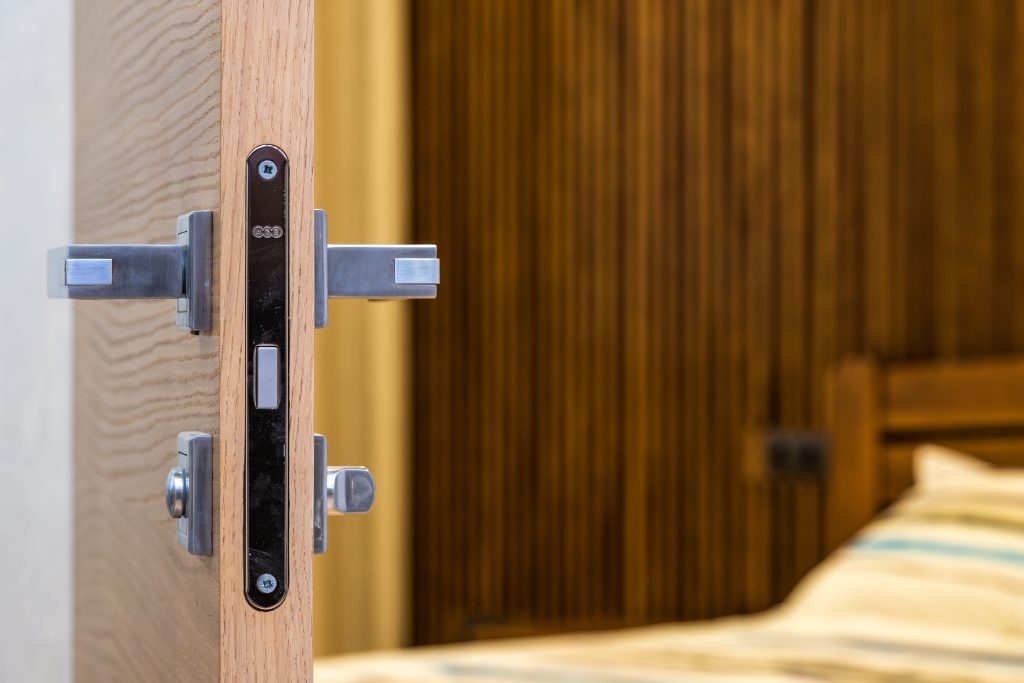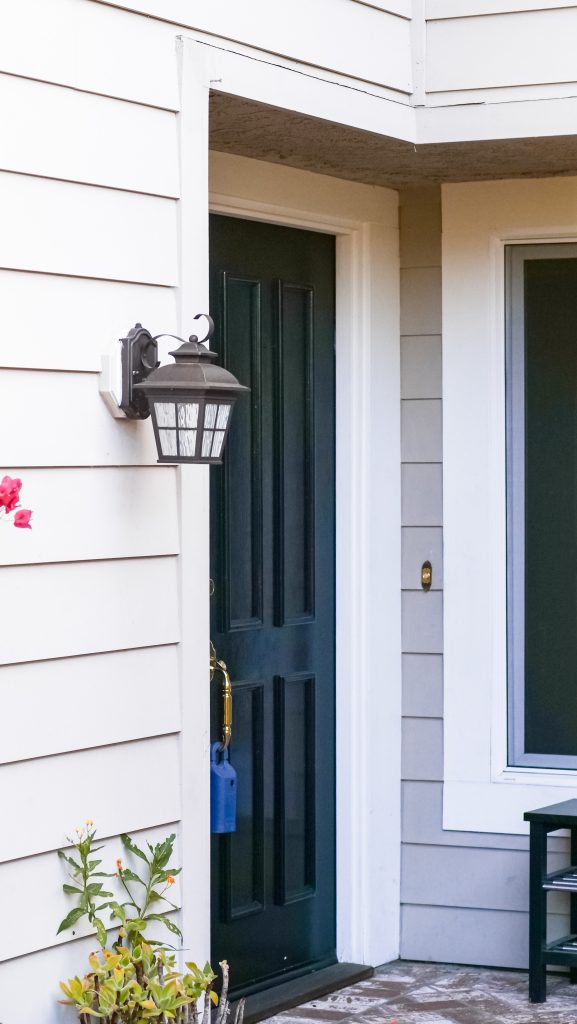The proliferation of short term rentals has raised several concerns. What steps can your community association take to curb some of these issues?

Short term rentals through popular portals such as AirBnB have become increasingly popular in recent years. With Airbnb, travelers can choose from a wide range of accommodations, from cozy apartments to luxurious villas, and can connect with local hosts who can provide them with inside tips on the best places to eat, shop and explore. While perhaps not always true, sites such as AirBnB can provide a more affordable alternative to traditional hotels. However, if you live in a neighborhood that was not set up to serve as a resort community, this has led to many headaches for several of our community association clients.
Unfortunately, pervasive short-term rentals in a neighborhood can disrupt your social fabric by bringing in a high turnover of tourists. Tourists can be noisy and disruptive, with irregular traffic patterns and even parties and events at odd times and hours. At its worst, there have even been reports of safety concerns with short term rentals, such as vandalism, theft, and even violent crimes. This can lead to a decrease in the sense of community and potentially a decrease in property values.
While several community associations have restrictions in their governing documents to limit rentals of less than a year, this is not true for all communities. Further, recent statutory changes enacted in the past 2 years makes it even more difficult for community associations to amend their governing documents to restrict rentals in any way, including regulating AirBnBs. Therefore, we find that many of our clients simply do not have any authority to limit, prevent, or otherwise regulate short term rentals.

This is not just a concern for community associations though. Local governments have been enacting ordinances with the hope of regulating these short term rentals. For instance, Orange County recently adopted ordinances requiring permits for short term rentals, for which you must meet the following requirements:
A recent appellate case may give some guidance to any parties seeking to limit the issues arising out of multiple AirBnB offerings within a community. In Canton v. Hillsborough County, even though a code enforcement officer found the listing for a home on AirBnB which violated the “Improper Use of Zone” code, the Court ruled that because “the CE Officer did not complete the reservation online…[n]or did the owner otherwise confirm the reservation,” the fines levied were improper. Stated another way, “the code does not permit a Code Enforcement Officer to issue a Notice of Violation for an inchoate or attempted violation that has not actually occurred.”
The lesson that a community association can take from this is that it’s not enough simply for the Board to be aware that a listing exists on AirBnB. Rather, to establish proof that a violation has occurred, it may be necessary to actually apply for the reservation and have it confirmed by the owner. This act alone should likely prove to a reasonable person that a violation has actually occurred and was not simply just attempted.
Short term rentals and portals such as AirBnB can certainly fill a need for travelers, and even investors, alike. However, providing a service to certain parties should not come at the expense of neighbors and the community as a whole. With a complicated interplay between government regulations and potential restrictions in your governing documents, it is important to consult with your attorney when discussing remedies to a short-term rental problem.